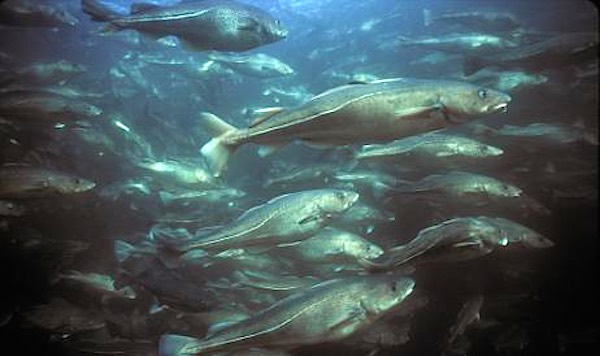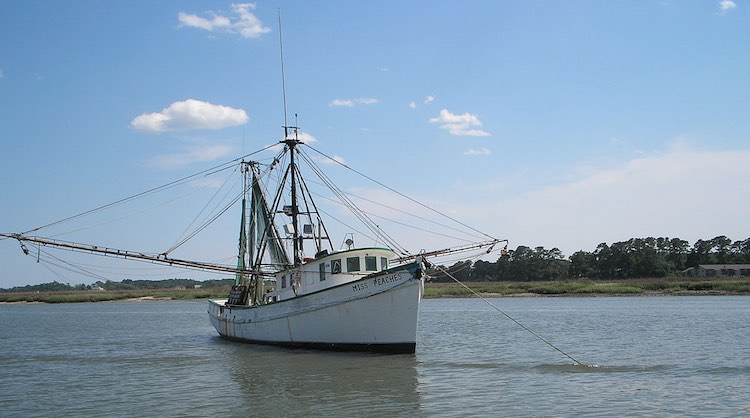You may have cheered some of the many GNN reports of critically-endangered species rebounding after human intervention—like, declining numbers of humpback whales, green sea turtles, and bald eagles entirely reversed by conservation heroes.
Another area of environmental degradation that is now turning around in the right direction is the surprising recovery of fish stocks.
In the most comprehensive review of fisheries’ management and fishing management on a per region basis, to date, an international team of researchers concluded that fish stocks are mostly increasing in these world waters.
In their paper published in the Proceedings of the National Academy of Sciences, the research team gathered data from 50% of the world’s fish stocks, which include harvest rate, recovery rate, fishing pressure, and population numbers, as well as 50% of the world’s fisheries—including management strategies, fluctuations, and predictions in maximum sustainable yield.
CHECK OUT: Dutch Guy Famous for Cleaning Up Pacific Garbage Patch is Now Clearing the World’s Rivers Too
The conclusion provided in their paper is striking—good news that may be surprising to most. Where commercial fishing is managed, stocks are growing.
“This article compiles estimates of the status of fish stocks from all available scientific assessments, comprising roughly half of the world’s fish catch,” the authors begin, “and shows that, on average, fish stocks are increasing where they are assessed.”
“Where fisheries are intensively managed, the stocks are above target levels or rebuilding.”
Teach a man to fish, feed him for a lifetime

While the last major dataset accumulated for fish stocks only included North America, South Africa, New Zealand, Australia and Europe, the researchers added the Black Sea, the Mediterranean, Northwest Africa, South America, Russia, and Japan.
LOOK: Dozens of Creatures Thought to Be Extinct Found Alive in ‘Lost City’ in the Jungle (Photos)
Fish stocks declined on average globally until 1996, when the trend began to halt. In 2005 it started going the other way, and in 2016 the biomass of animals was higher than the maximum sustainable yield marker and fishing pressure was lower than the unsustainable maximum yield marker—averaged across all measured fish stocks worldwide.
The team’s study modeling also gives nations looking to increase the biomass of their fish stocks a very simple and concrete solution—keep the fishing pressure below the unsustainable maximum yield marker, and fish stocks will recover. Their paper details that 19% of fish stocks that are still depleted are poised to recover based on fishery management along this basic principle.
CHECK OUT: Rather Than Polluting Icy Roadsides With Salt, Scientists Use Recycled Biowaste From Fruit
“Scientifically managed and assessed fish stocks in many places are increasing, or are already at or above the levels that will provide a sustainable long-term catch,” concludes the paper.
Share The Positive Trend With Negative Nellies On Social Media… (Fishing boat photo by VladUK, CC license)




















